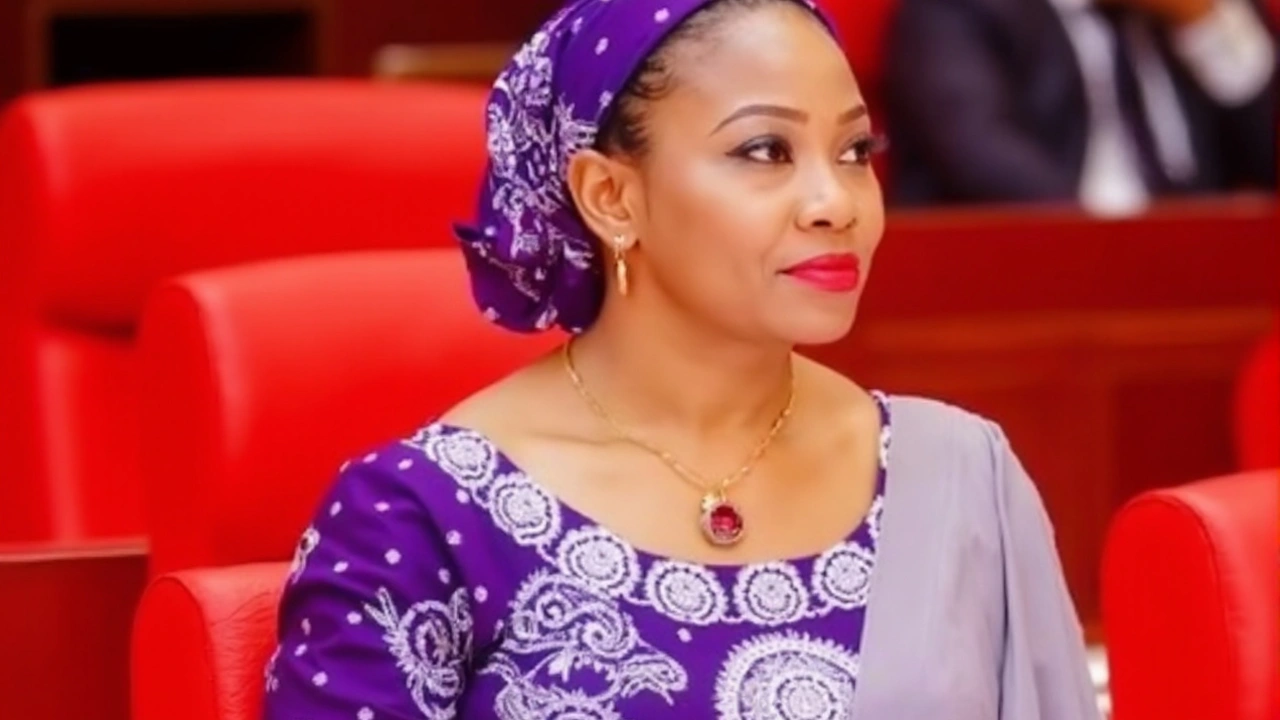If you’ve been following Nigeria’s political scene, you’ve likely heard about Tinubu’s intervention in various national issues. But what exactly is it, and why does it matter? Simply put, Tinubu’s intervention refers to his active role in tackling some of the biggest challenges in Nigeria, from election controversies to governance reforms.
One key example is the growing calls for accountability in past political actions, such as demands for prosecution over historical election annulments. President Tinubu has been urged to act decisively to address these calls, showing his influence isn’t just about politics but justice and transparency too.
His involvement often extends to pushing for reforms that improve electoral processes and governance standards. This kind of intervention can help reduce corruption, increase political stability, and build trust among citizens. For instance, when there’s pressure to prosecute past election annulments or address human rights issues, Tinubu’s stance can sway public opinion and government actions significantly.
Beyond politics, Tinubu's moves also impact social dynamics. His leadership and decisions send messages about accountability and rule of law that resonate through Nigeria’s institutions. For citizens and activists alike, his intervention sparks debates on leadership responsibility and how power should be used for the nation’s benefit.
Understanding Tinubu’s intervention helps you see more clearly how Nigeria’s future policies might unfold. It affects not only politicians but everyday people who want a fair, just society. By staying informed, you can engage in discussions about leadership and governance, and see how these decisions might affect your community directly.
In a nutshell, Tinubu’s role is crucial for steering Nigeria through its complex political landscape. Keeping an eye on his interventions gives you a front-row seat to the country’s progress or challenges. That’s worth knowing if you want to grasp where Nigeria is headed and why it matters to everyone.
